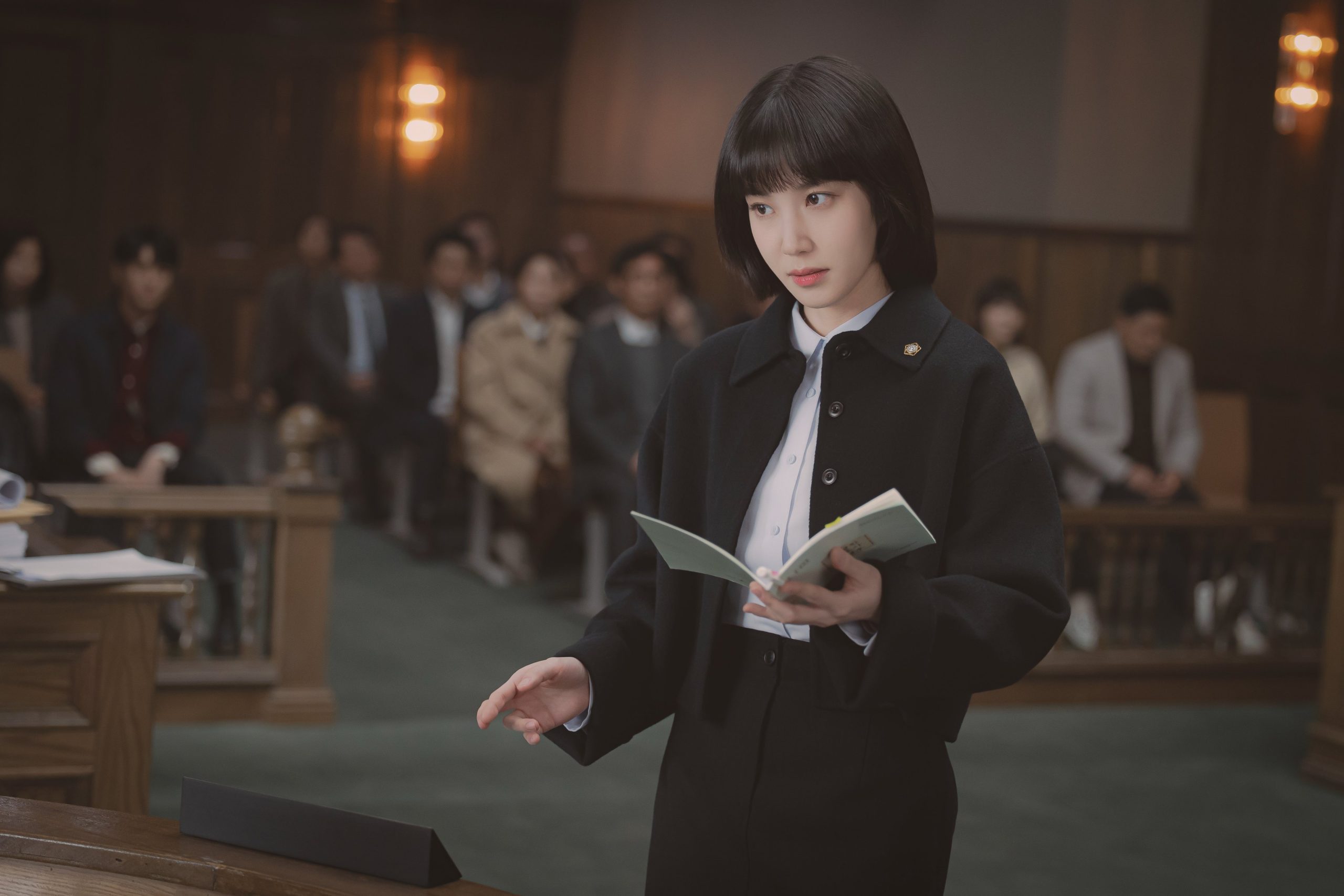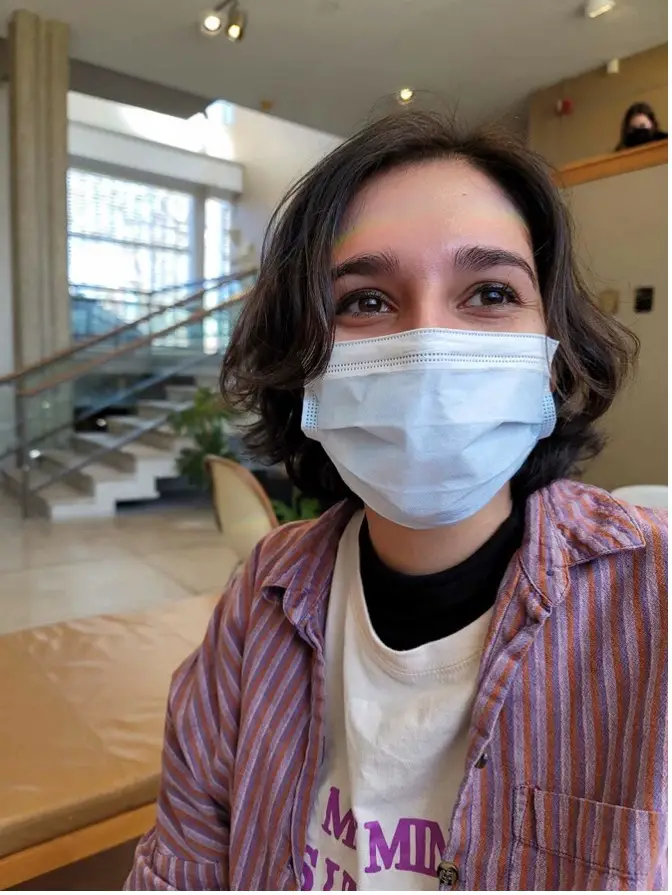Whether in books, movies or on television, depicting disabilities in the media is something of a tightrope to walk. Throughout the long history of film and television, it’s been all too rare for movies and shows to represent either physical or intellectual disabilities with the respect that is needed. Disabled people are often reduced to stereotypes, side characters, or used for “inspiration porn” — in other words, for the benefit of non-disabled people, sending the message that if a disabled person can accomplish this or that, then non-disabled people can, too.
These issues most definitely extend to the representation of autistic people on our screens, with many movies and shows, such as “Rain Man” and “The Big Bang Theory,” featuring autistic characters that are blatant stereotypes — stereotypes that are certainly harmful in real life. The question now is whether film and television creators can learn from these past mistakes and deliver movies and shows that depict autistic people with the humanity and complexity that they deserve.
At first glance, “Extraordinary Attorney Woo,” a Korean series about an autistic attorney at a top law firm in Seoul, does seem to feed into some of the media-encouraged stereotypes of autism. Woo Young-woo (Park Eun-bin), the title character, is a young woman on the autism spectrum who was non-verbal as a child until an incident caused her to speak for the first time — and she ended up reciting the law in South Korea on inflicting bodily injury word for word. It turns out that she had memorized all of her father’s casebooks on criminal law. We soon discover that, in the present, Young-woo is an incredibly gifted attorney and the first autistic lawyer in Korea.
I was watching this first episode with a friend, who aptly noted that it looked like they were depicting Young-woo as an “autistic savant.” This stereotype suggests that every autistic person has exceptional, almost magical abilities — in this case, Young-woo’s ability to memorize every single law in Korea. Even though only 10% of people on the spectrum exhibit these kinds of abilities, the media almost exclusively depicts autistic people in this way. So, I had to agree with my friend, at least for the first episode or so.
By the end of Episode 3, however, both of us felt differently about “Extraordinary Attorney Woo.” This episode involves a case where a young man appears to have been beaten to death by his brother, who is “severely” autistic and mostly non-verbal. When the family comes to Hanbada (the law firm that Young-woo works at) with the case, the senior attorney above Young-woo, Jung Myeong-seok, immediately assigns it to her. Right away, Young-woo picks up on the implication, and asks him: “Are you assigning me this case because I’m autistic?” Attorney Jung responds that she will probably know the defendant better than he would. “The official diagnosis for autism is Autism Spectrum Disorder,” Young-woo replies. “As you can tell from the word spectrum, there’s a wide variety of autistic people.”
This short exchange — in which Young-woo assures her boss that just because she’s autistic does not mean she will know the defendant any better than he does — already indicates that the series intends to discuss how people with autism are not all the same but are a diverse group just like any other identity.
This episode also does a fantastic job of portraying the rampant ableism within the legal system. During the trial, Young-woo’s team argues that the defendant isn’t fully able to understand his own behavior at all times. In response, the prosecutor uses Young-woo’s autism against her, saying that since she’s also autistic, she must not be able to understand her behavior either, making her unfit to defend him. Obviously, this is a grossly inaccurate statement — as we know, autism is a spectrum, and every autistic person is different — but unfortunately, this argument works on the jury. It is so discouraging to Young-woo that she completely reconsiders her place at the law firm and questions whether she is really able to help her clients.
In one of the most moving scenes early on in the series, Young-woo confides to Lee Jun-ho (Kang Tae-oh), her colleague and later love interest, about her inner conflict. “Even when I’m working as Attorney Woo Young-woo, it feels as if I’m autistic Woo Young-woo in people’s eyes,” she tells him. “Autistic Woo Young-woo is the weakest link. If you have me on your side, you lose.” Jun-ho gazes at her, pained by her struggle but understanding as well. After a pause, he tells her: “I want to be on the same side as you, Attorney Woo. I want an attorney like you to be on my side.” The music swells as Young-woo absorbs his words in surprise, realizing she has found a true ally in him, and everyone in the audience clutches their hearts — some might even reach for tissues.
This scene brings me to the second-best part of “Extraordinary Attorney Woo,” next to Young-woo herself: her relationship with Jun-ho. From the beginning, Jun-ho is clearly a kind, open-hearted and easy-going soul who is extremely popular with his colleagues. One of his first scenes shows him putting a gift someone gave him into a drawer, stuffed with dozens of other gifts he doesn’t know what to do with. Everyone he works with likes him. The viewers also like him immediately, not because of his charm, but because of his first meeting with Young-woo.
On her first day, Young-woo is confused and put off by the revolving doors at the entrance to Hanbada. Jun-ho, endeared by her thoughts on the inefficiency of the doors, immediately comes up with a way for her to go through them easily: getting into a rhythm by dancing the waltz. And with that, Jun-ho waltzes into her life. Just within this scene, there are tons of little moments that show how perfectly these two characters fit together, from the way he smiles at her quirks to when he points out that her name is a palindrome, without even knowing that she always introduces herself by pointing out the same thing. Just like each of their interactions, it’s impossible to describe the scene’s beauty and charm. It’s something you have to see for yourself.
Like many other fans, I could go on and on about how refreshing Young-woo and Jun-ho’s relationship is. It’s especially endearing to watch Jun-ho fall head over heels in love with Young-woo, a woman who is deemed “weird” by the rest of her colleagues. I can’t remember the last time I’ve seen a character as lovesick as Jun-ho is every time he’s with Young-woo. His entire presence lights up; he’s attentive without invading her space, very aware that she can take care of herself; and, perhaps most importantly, he is the only one who happily listens to her monologues on whales and dolphins, her favorite animals.
Even though the show uses a lot of popular romantic tropes — for example, Jun-ho’s feelings being extremely obvious to everyone but Young-woo, the only oblivious one — somehow, with their personalities and chemistry, it feels entirely new. What’s more, theirs is one of the few inter-abled relationships I’ve seen that is completely founded on respect, understanding and tenderness.
Though Young-woo’s connection with Jun-ho is definitely one of the most popular parts of “Extraordinary Attorney Woo,” her relationship with each of the other characters is also incredibly impressive. Each dynamic illuminates something different about her as a person and about what many people need as human beings. Her best friend, Dong Geu-rami, is outspoken and hilarious, and definitely an odd duck in her own way. She went to school with Young-woo, and the two banded together as they were both ostracized by the other students for different reasons. Their relationship is rooted in their experiences as outsiders, and their differences — of which there are many — only strengthen their bond.
At Hanbada, Young-woo finds an unexpected friend in Choi Su-yeon, her fellow attorney with whom she went to law school. At the beginning of the series, Su-yeon resents Young-woo for getting ahead of her in school but still helps her in certain situations out of pity. Yet, as the two women begin to work together more closely, Su-yeon’s perception of her colleague completely turns around and she starts to see her as an ally who, like Jun-ho, she wants on her side. Despite their relationship originating from a one-sided sense of competition, they grow to understand each other and watch each other’s backs.
Then there’s Young-woo’s dynamic with Attorney Jung, which is, of course, much more professional but just as wonderful to watch. Attorney Jung also starts out as one of Young-woo’s skeptics, unwilling to have her on his team because of her autism. But he, too, changes dramatically just by the third episode, when he immediately defends her against the prosecution’s blatant ableism. He disapproves of the injustices that Young-woo experiences at work and does his best to make sure she is treated fairly. Their relationship is less of a friendship and more that of colleagues who respect and listen to each other. In a place as competitive as a prestigious law firm, this is just as important for both able-bodied and disabled people everywhere.
Because the show strives to be realistic, Young-woo’s experiences with her colleagues are not always positive. From the beginning, one of her fellow attorneys, Kwon Min-woo, resents her success at the firm and later makes it his goal to get her fired. Disliking Young-woo is basically his only personality trait, making him the closest thing the show has to a villain. Despite how frustrating this is to watch, though, you know that in most places in the world, Min-woo’s attempts would probably succeed. It is devastating to see that just by being her own person and doing what she loves, Young-woo has enemies who want to see her fail. Unfortunately, “Extraordinary Attorney Woo” is also a very accurate portrayal of the ableism of the workplace environment, not only in South Korea but in our world today.
Some have claimed that Young-woo’s positive relationships with her colleagues are “pure fantasy” when compared to the real world, especially in South Korea, where autistic people face a great deal more stigma and shame than in the West. However, as some critics and professionals have pointed out, these relationships serve as a kind of role model for our society moving forward, demonstrating to us that “we need to see more supportive people who make it possible for autistic people to thrive as independent individuals.” It’s certainly true that fictional stories influence reality, and in the case of “Extraordinary Attorney Woo,” I can only hope the show’s popularity and influence will be sweepingly positive for autistic people everywhere.

















